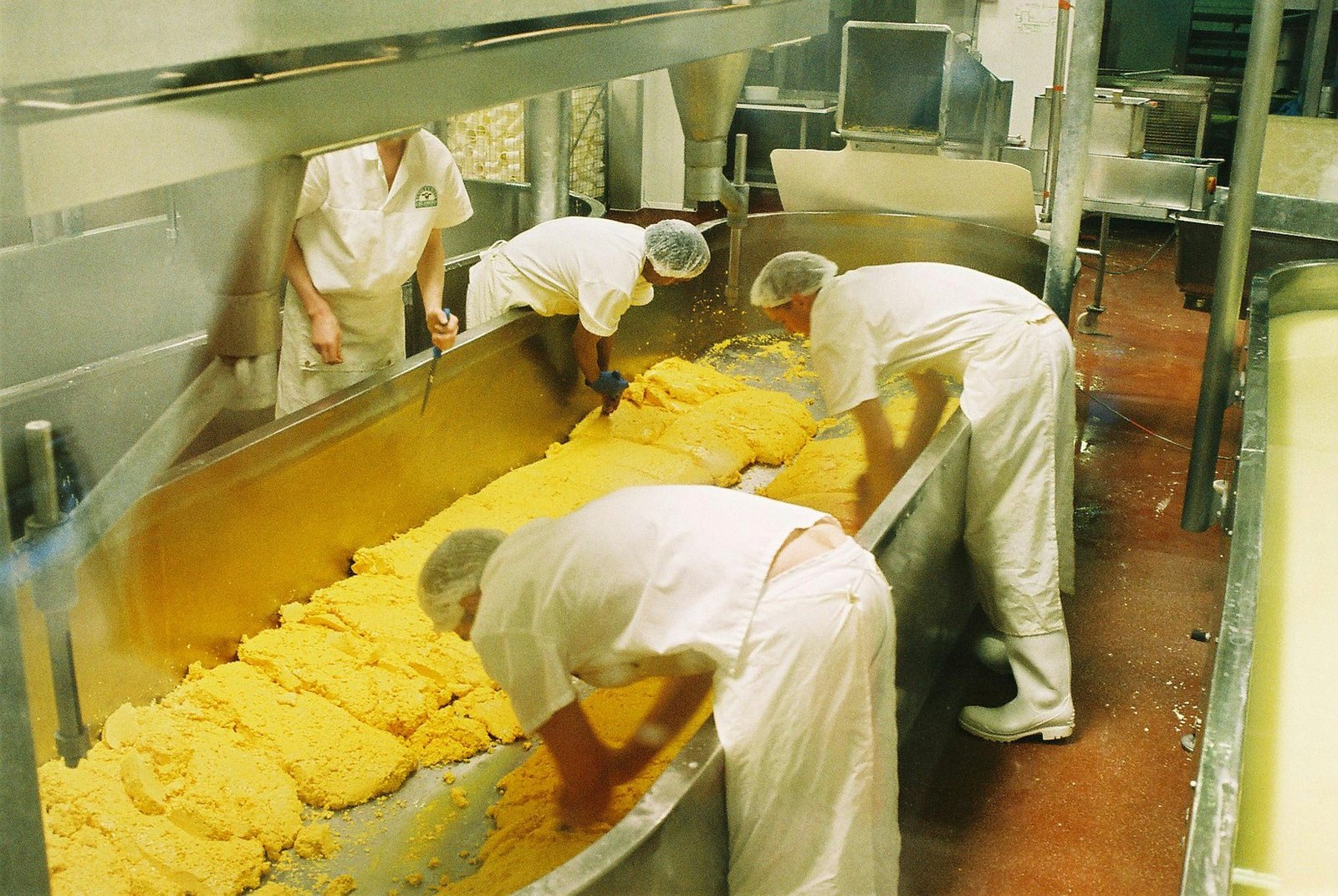Can ISO 22000 Certification Help Prevent Supply Chain Disruptions?
In today’s volatile global market, food manufacturers face constant supply chain challenges — from raw material shortages and transportation delays to compliance issues and product recalls.
One of the most effective ways to build resilience and maintain trust across your network is through ISO 22000 certification. This international food safety management standard helps businesses identify risks early, maintain consistency, and strengthen supplier collaboration.

Let’s explore how ISO 22000 can help prevent supply chain disruptions and ensure business continuity.
1. Establishing a Structured Risk Management System
-
ISO 22000 requires organizations to apply risk-based thinking throughout their processes.
-
Identifies weak points in sourcing, processing, and logistics.
-
Enables proactive measures to mitigate disruptions before they escalate.
2. Ensuring Supplier Consistency and Compliance
-
Certification promotes transparent supplier management.
-
Encourages suppliers to meet the same safety and quality standards.
-
Reduces the risk of contamination or non-compliance from external sources.
-
Builds long-term trust and reliability within the supply chain.
3. Improving Traceability Across the Food Chain
-
ISO 22000 emphasizes full traceability from farm to fork.
-
Allows quick identification and isolation of defective batches.
-
Minimizes recall impact and limits financial losses.
-
Strengthens confidence among customers and global partners.
4. Supporting Business Continuity Planning
-
ISO 22000 integrates with contingency and emergency response plans.
-
Prepares teams to act fast during supply interruptions or product safety incidents.
-
Reduces downtime and maintains product flow even under crisis conditions.
5. Strengthening Communication and Collaboration
-
Encourages cross-functional communication between departments and suppliers.
-
Ensures everyone in the supply chain understands safety expectations.
-
Reduces errors caused by miscommunication or incomplete documentation.
6. Aligning with Global Standards and Buyer Requirements
-
Many global retailers and importers now require ISO 22000 or FSSC 22000 certification.
-
Compliance helps manufacturers access international markets more easily.
-
Reduces delays at customs or buyer inspections.
-
Enhances competitiveness and brand credibility worldwide.
7. Integrating with Other Risk-Reduction Systems
-
ISO 22000 can be combined with:
-
ISO 9001 for quality management.
-
ISO 14001 for environmental performance.
-
FSSC 22000 for extended global food chain assurance.
-
-
This integrated approach strengthens the entire supply ecosystem.
8. Preventing Recalls and Operational Delays
-
Through preventive controls and monitoring, ISO 22000 reduces product defects.
-
Fewer recalls = fewer financial losses and brand reputation risks.
-
Ensures stable, continuous operations throughout the supply chain.
Final Thoughts
ISO 22000 certification is not just about food safety — it’s a strategic investment in supply chain resilience. By implementing its framework, food manufacturers can minimize risks, maintain quality consistency, and ensure business continuity even in uncertain times.
👉 At CAYS Scientific, we help SMEs and manufacturers build ISO 22000-compliant systems that strengthen supply chain reliability and customer confidence.



